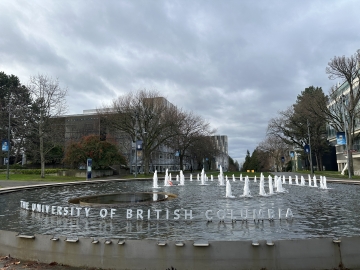The Center for Positive/Empirical Analysis of Political Economy (Top Global University project) at Waseda University invited Professor Luigi Curini (University of Milan), an expert on quantitative text analysis, to give a course on “Advanced Topics in Political Science: Polimetrics – Applied Scaling & Classification Techniques”.
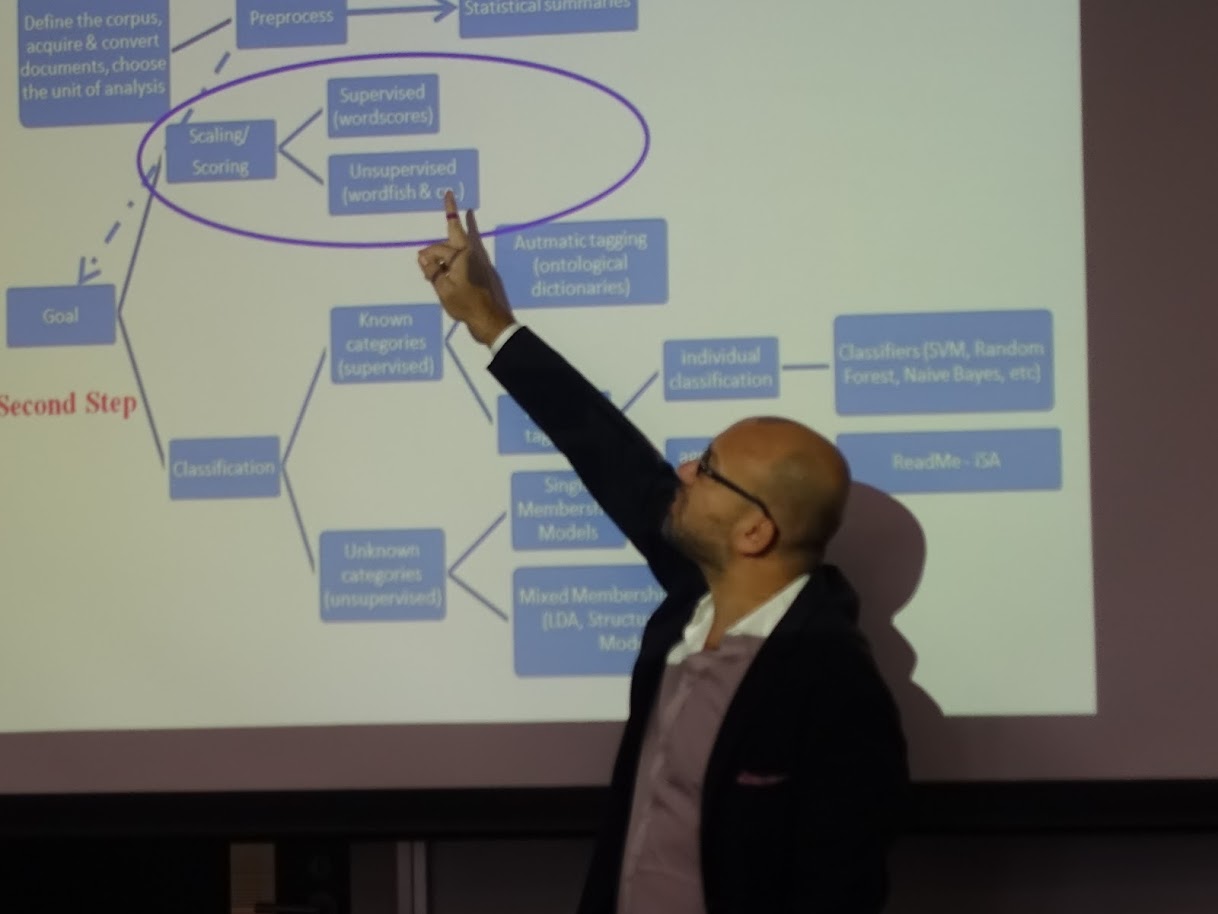
The recent years have witnessed a dramatic increase in the interest towards the analysis of texts in social sciences, and Professor Curini gave a well-crafted course starting from basics to advanced techniques (for the details of the course, please see the online syllabus). The week was divided in two 90-minute classes: one on the theoretical account of each method ranging from unsupervised, semi-supervised, supervised scaling, and to classification algorithms; and the other on hand-on sessions with R scripts. Students enjoyed learning the latest techniques of text analysis from a top-notch scholar.
Prof. Luigi Curini (University of Milan)
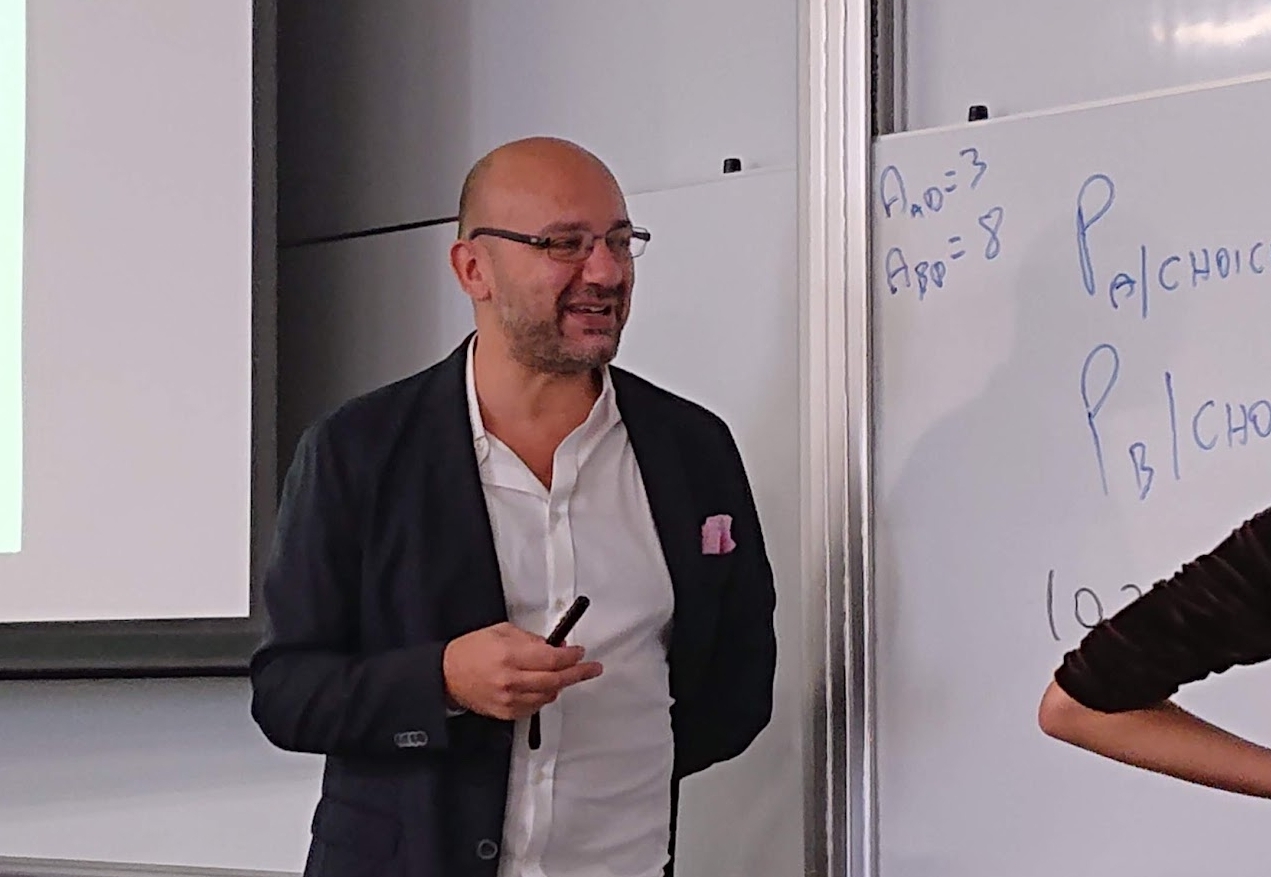
Professor of Political Science, Università degli Studi di Milano, Department of social and political sciences
Advanced Topics in Political Science: Polimetrics – Applied Scaling & Classification Techniques (Winter) Syllabus
This year, a total of 11 students took this course, including 6 master’s students from the Graduate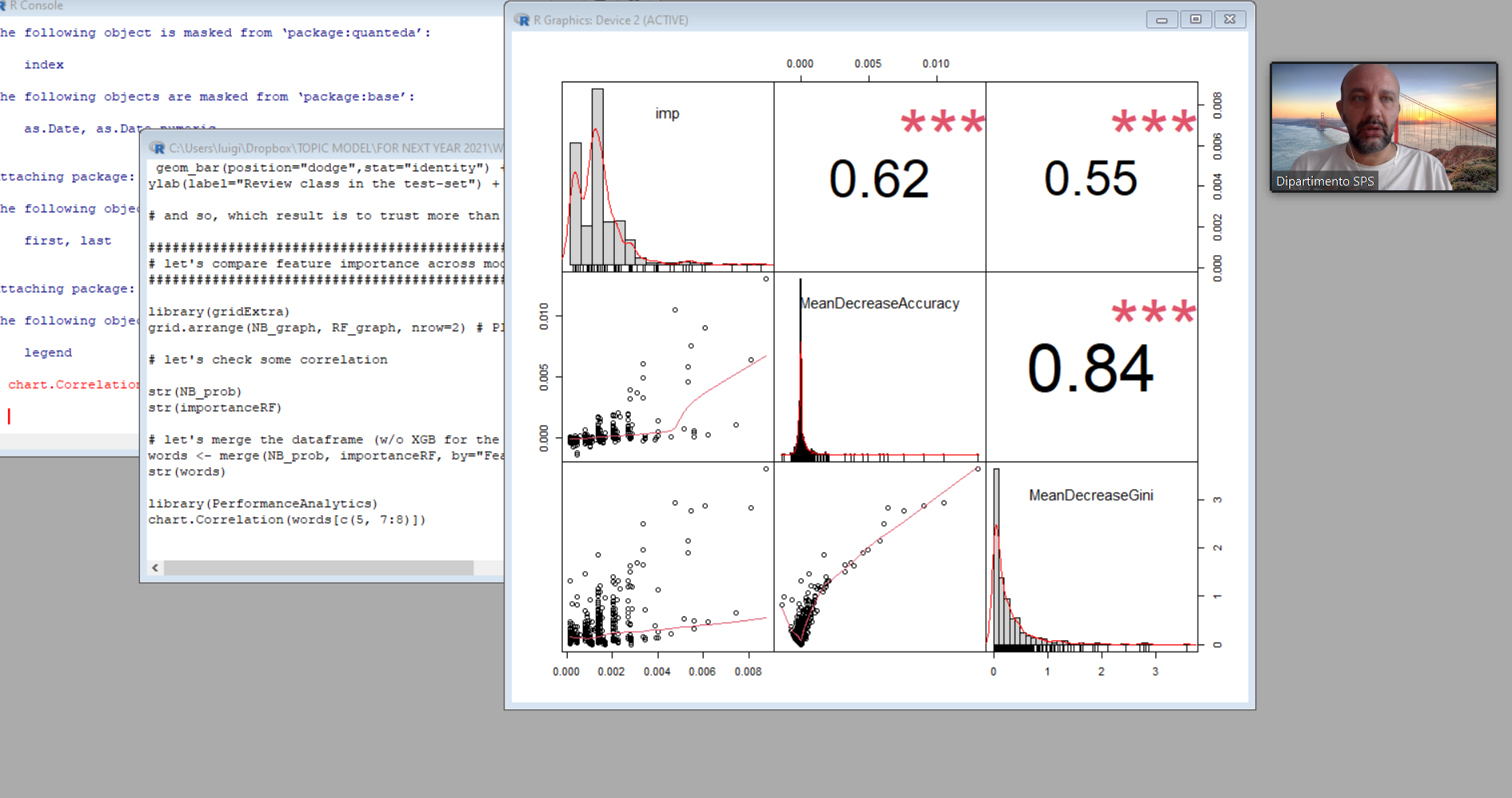 School of Political Science, 2 master’s students and 1 doctoral student from the Graduate School of Economics, and 2 undergraduate students. Though the course was offered online due to COVID-19 pandemic, student reports prove that the class was very significant and helpful for their further study and research.
School of Political Science, 2 master’s students and 1 doctoral student from the Graduate School of Economics, and 2 undergraduate students. Though the course was offered online due to COVID-19 pandemic, student reports prove that the class was very significant and helpful for their further study and research.
Please read student’s course reports below. If you are interested in Professor Luigi Curini’s lectures, you are welcomed to join the class in the future!
Course Report
WU, Siu hin andrew Graduate School of Political Science M2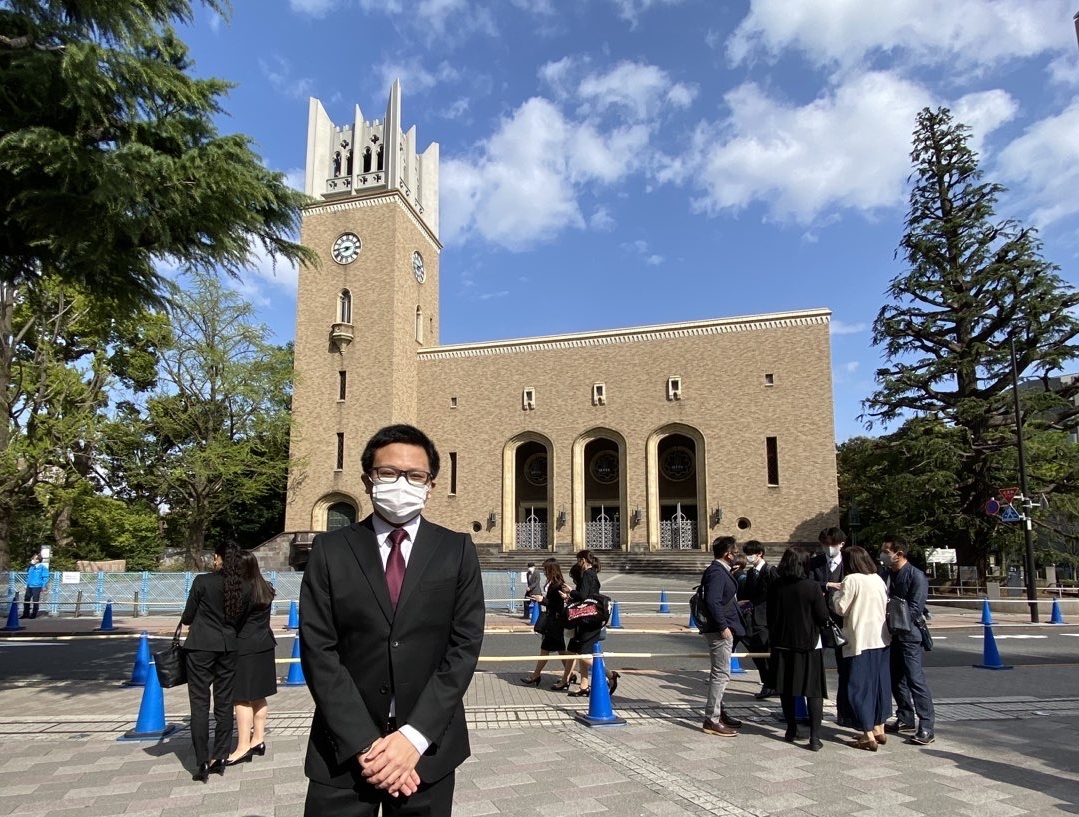
I initially took this course as part of working towards my thesis, which uses Twitter data to conduct text analysis. This course uses R and its R package Quanteda, which had the necessary tools to perform text analysis on a variety of texts from tweets to presidential speeches.
In terms of course contents, Professor Curini started off from basic concepts in text analysis, and introduced text analysis models of different ranges for us to apply in coursework. The learning curve was quite steep, as we would move onto a different methodology every week. Coursework wasn’t too demanding, but it requires that you apply the theoretical knowledge learned in class and customize sample codes to fit your purpose.
That said, while it is a challenging learning curve that might seem daunting to people less familiar with data science and programming in general, the elaborate and well-designed slides were of enormous help whenever I was confused with the concepts. Professor Curini was also helpful towards giving feedback and guidance whenever we required it. The coursework also really encouraged us to think ourselves what analysis can be performed on.
To any prospective students considering taking this course, I would recommend at least having basics in coding or experience in using R (e.g. an introductory course in R). While Professor Curini and his slides do a great job of explaining the sample codes and concepts taught in class, the course still requires you to do a decent amount of coding, especially towards the end where we learn to apply Random Forest and Naïve Bayes algorithms. It would be significantly better if you could spend less time figuring the functions and logic and instead use the time to synthesize the knowledge and think about how you could improve your data analysis within the scope of the tools taught by the course.
In short, if you are looking for a course that can build upon your fundamentals and really encourage you to practice your newly learned skills, I wholeheartedly recommend this course. If you are still a total beginner in coding, you might find the course’s workload a bit heavy, so you might want to wait until you have the fundamentals down.
LEE, Shulun Graduate School of Political Science M1
This course in politic al science teaches students how to do quantitative text analysis using R programming. Professor Luigi Curini introduced us to several models dealing with different types of original texts such as inaugural speeches or tweets, transforming them into analyzable text matrix, then learning both “supervised” and “unsupervised” classification methods to estimate the contents and get the results we want. Professor Curini is remarkably friendly and patient, always willing to help outside class so don’t hesitate to shoot him an e-mail if you have any questions. This advanced course is definitely a challenge if you are a beginner at computer language, but it is super helpful if your research has something to do with quantitative analysis, or you are just simply interested in improving logical thinking with programming. Highly recommended.
al science teaches students how to do quantitative text analysis using R programming. Professor Luigi Curini introduced us to several models dealing with different types of original texts such as inaugural speeches or tweets, transforming them into analyzable text matrix, then learning both “supervised” and “unsupervised” classification methods to estimate the contents and get the results we want. Professor Curini is remarkably friendly and patient, always willing to help outside class so don’t hesitate to shoot him an e-mail if you have any questions. This advanced course is definitely a challenge if you are a beginner at computer language, but it is super helpful if your research has something to do with quantitative analysis, or you are just simply interested in improving logical thinking with programming. Highly recommended.


